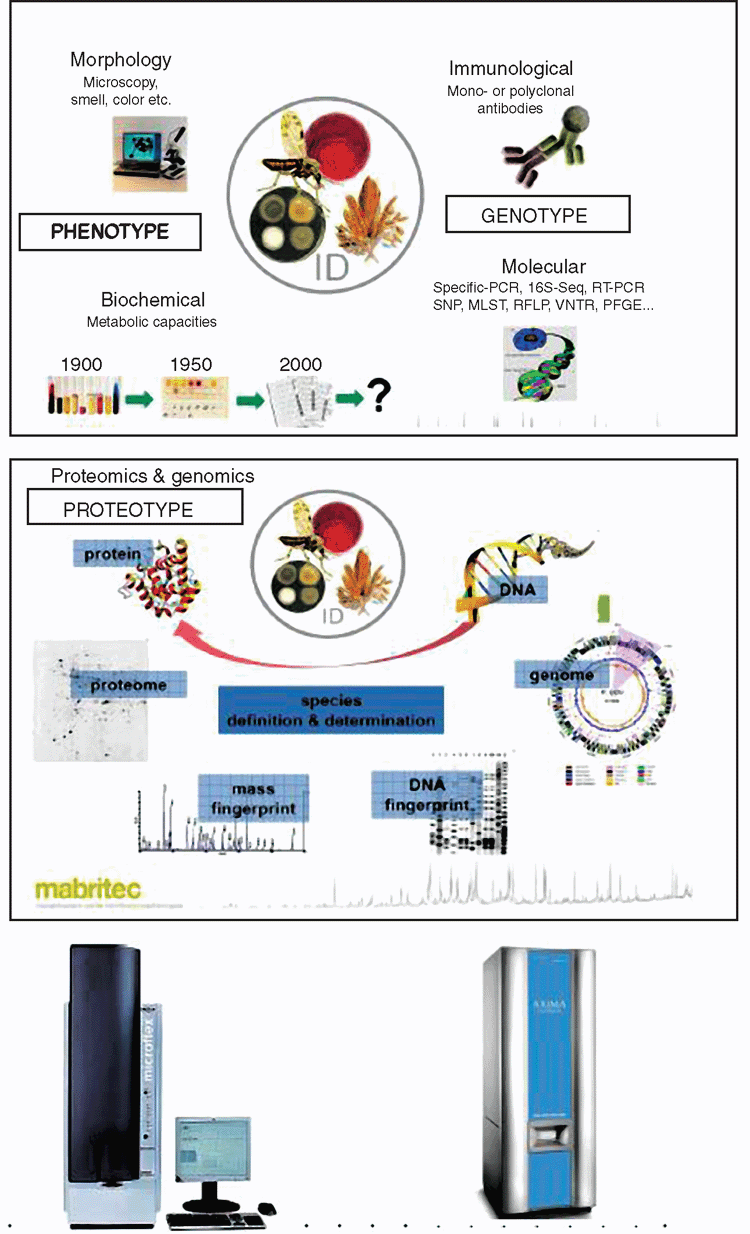ASM Antimicrobial Special Interest Group update
Dr John Merlino on behalf of ASIG andMicrobiology Australia 35(1) 66-67 https://doi.org/10.1071/MA14019
Published: 10 February 2014
The Antimicrobial Special Interest Group (ASIG) is one of the largest special interest groups within the ASM. In 2012 there were over 923 ASIG members. In 2013 there were over 721 members listed under ASIG. Some of our members have retired but still keep in touch. In 2012–13 ASM ASIG members were actively involved with local and national ASM Branch meetings in various states, usually in the form of communication and newsletters. The committee actively communicates via emails and the website www.asig.org.au on emerging issues, methodology on susceptibility testing, standards on antimicrobials and antimicrobial resistance.
Members of the committee actively take part in planning workshops and selecting speakers for Annual ASM Scientific Meetings – this has been the focus for many years. Discussions take place at these meetings and in workshops.
The 2012 ASIG Workshop was titled ‘Antimicrobial and Antifungal Resistance: Susceptibility Testing: Supplementary and Molecular Testing for Multi-Drug Resistance’. In Brisbane we had to limit the intake for this workshop to 77 ASM members. The workshop was sponsored by BioMerieux for morning tea and lunch. The BioMerieux Identifying Resistance Award in 2012 went to Narelle George.
The 2013 ASIG Workshop was titled ‘MALDI-TOF and Susceptibility Testing: What’s in a name? Impact of MALDI-TOF and Susceptibility Testing in Microbiology’. The workshop focused on bacterial and fungal species identification and early antimicrobial susceptibility determination of bacterial strains recovered from infected patients significantly decreases morbidity, mortality patients and aids in infection control practices. The use of MALDI-TOF system(s) with current automated susceptibility testing methods (such as Vitek, Phoneix) or discs susceptibility impacts laboratories by providing more accuracy in bacterial identification and a faster turnaround time. Fast and accurate diagnostic identification and AST methods are an important part in guiding treatment for infections and infection control practices (Figure 1).

|
In Adelaide 170 ASM members attended the Antimicrobial SIG Workshop, with eight distinguished speakers including our overseas invited speaker Dr P Murray. Copies of all speakers’ presentations are available on the ASIG website: www.asig.org.au. The BioMerieux Identifying Resistance Award in 2013 went to Professor Iain Gosbell (see his article within this issue).
Members of the ASIG committee actively communicate with other local and international antimicrobial groups on emerging issues in antimicrobial resistance, for example, with the MRSA International Committee and International Society for Chemotherapy (ISC). ASIG members have also been involved in European Congress Clinical Microbiology and Infectious Diseases (ECCMID and ESCMID) meetings overseas.
The ASIG Committee reviews NPAAC and NATA documents with the ASM Clinical Standing Committee under the chair of Dr Stephen Graves.
ASIG is involved with key CDS users in establishing antimicrobial guidelines in Australia. I am happy to report the release of the 7th edition of their manual, Antibiotic Susceptibility Testing by the CDS Method – A Manual for Medical and Veterinary Laboratories, which is available online at http://web.med.unsw.edu.au/cdstest.
In 2014 ASIG continues to review submissions and comments from other Medical and Antimicrobial Groups in regards to antimicrobial issues, for example, the Royal College of Pathologists Australasia Advisory Committee, AIMS, NATA and NPAAC, with the ASM Clinical Standing Committee when required.
ASIG supports teaching and research activities where possible by seeking speakers for antimicrobial events.
ASIG promotes advanced knowledge on new methodologies by presenting lectures/visits to Universities and Colleges nationally and internationally as required.
For the Continuing Education Program, ASIG is involved with the AIMS APACE Official Certificate of Attendance being given out at all ASIG workshops at National meetings. These certificates are important for professional developments and career advancements in the industry.
| The bioMerieux ASM Identifying Resistance Award |
| This award, sponsored by bioMerieux, is given to an individual on the basis of career achievements in the field of the identification of bacterial resistance to antimicrobials in a clinical setting. |
| Closing date for applications: 31 March of any year. |
| Details of this and numerous other ASM Awards can be found at www.theasm.org.au |


